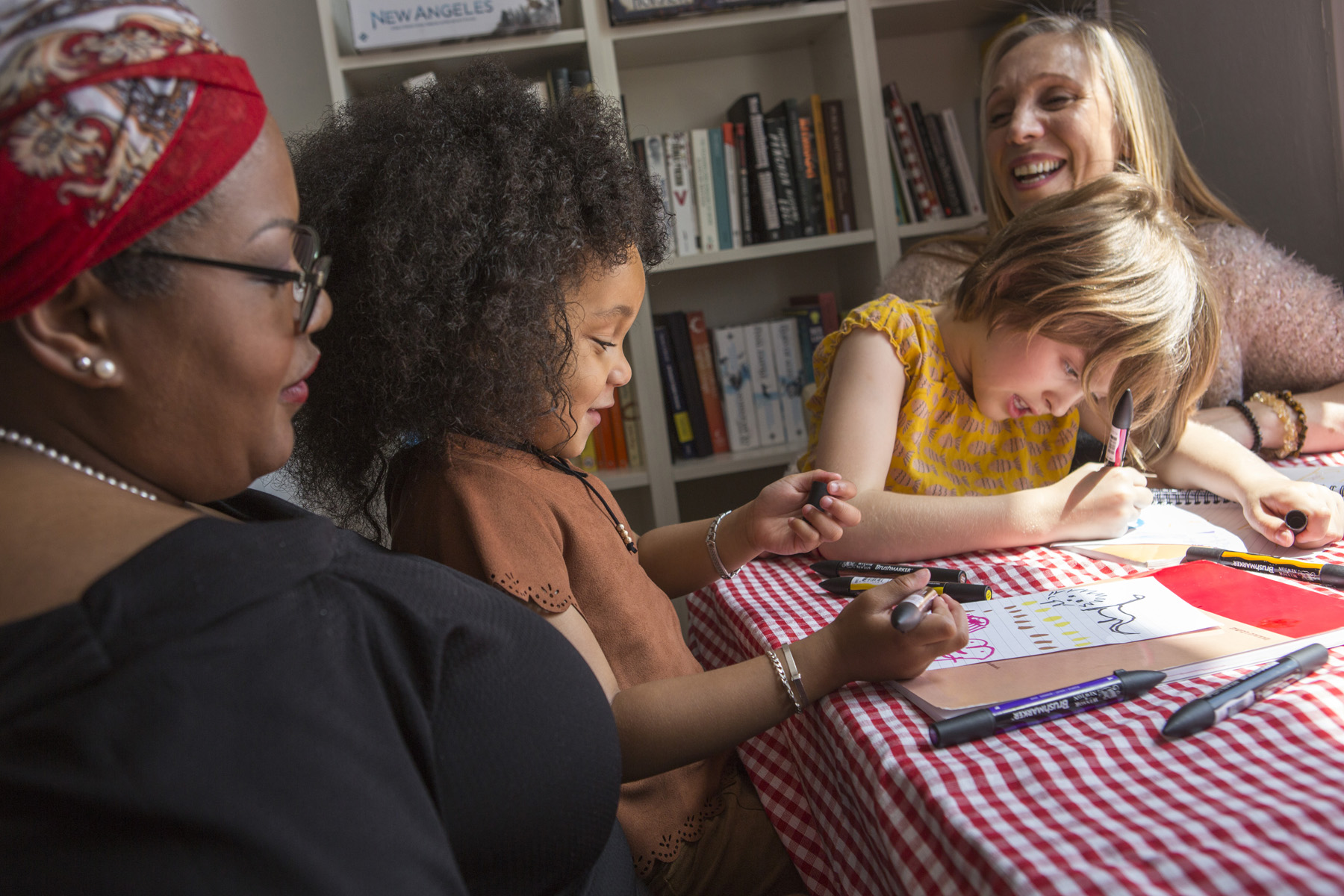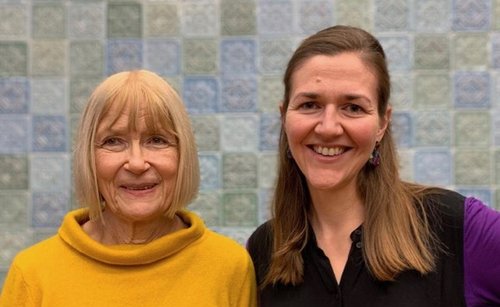
Family therapy and systemic research centre
Supporting and promoting research in systemic and family therapy
This is a resource for families seeking evidence for the effectiveness of family therapy, systemic therapists continuing to develop their practice, researchers and service providers and policy makers.

Our aim is to make systemic research visible and easily accessible. Research has shown that systemic family and couple therapy is as effective—and in many cases more effective—than alternative interventions.
We host a database of family therapy and systemic research, which is updated regularly. Here you will find research on the outcomes and effectiveness of systemic therapy, and qualitative research studies investigating how change happens in therapy.
- Research
Evidence and outcome studies
Research studies which provide evidence for the effectiveness of systemic and family therapy, and systematic reviews, meta-analyses and meta-syntheses.
- Research
Process research
These studies research therapeutic change processes and can be considered to produce ‘practice-based evidence’.
- Research
Research methodologies
Studies are categorised according to the research methodology used. We include references on research paradigms, and on researcher reflexivity.
- Research
Type of therapeutic approach
Studies here have been categorised according to the type of therapeutic approach and consultation that is being researched.
- Research
Tavistock systemic doctoral research theses
Doctoral systemic and family therapy research carried out on the Professional Doctorate in Systemic Psychotherapy at the Tavistock.
- Research
Other systemic doctorate and PhD research theses
Titles and links to systemic doctorate and Phd theses carried out at other institutes and universities.
- Research
Masters research dissertations
Titles and abstracts of systemic masters research dissertations from UK family therapy training institutes that were awarded distinctions or merits and from non-UK family therapy training institutes.
- Research
Journals
The following journals regularly publish systemic and family therapy, narrative therapy and constructionist therapy research regularly.
Family therapy outcome measure SCORE-15 app
SCORE-15 is a self-report measure of family functioning proven to be a reliable and valid index of therapeutic change. FTSRC have developed a SCORE-15 app to enable SCORE data to become part of the therapy process for families and therapists.
Join our mailing list
We circulate information about relevant research seminars and conferences, new published and unpublished research as well as requests for research participants.
Please let us know if you would like us to publicise your conference or research papers or if you would like to contact other systemic researchers in your area of interest we will circulate your request.
Research resources
- Research
Research tools
If you are carrying out research which requires you to ‘manualise’ the therapeutic practice you are developing, systemic competencies and manuals referenced here may be useful to draw on. A freely accessible family / relational outcome measure is also listed here. SCORE-15 index of family functioning and change SCORE is a self-report outcome measure designed…
- Research
Other systemic centres and researchers
People Research centres relating to family & systemic thinking
Upcoming events
12th Conference of the European Family Therapy Association (EFTA) with RELATES (Red Europea y Latinoamericana de Escuelas Sistémicas), Lyon, France. August 27-30, 2025.
AFT Conference 2025. Honouring our ancestors and envisaging our future. September 25 & 26, 2025. In person and online. Brighton. UK

The Director of the FTSRC is Dr Charlotte Burck (left) and the Associate Director, Astrid Winkler (right)
